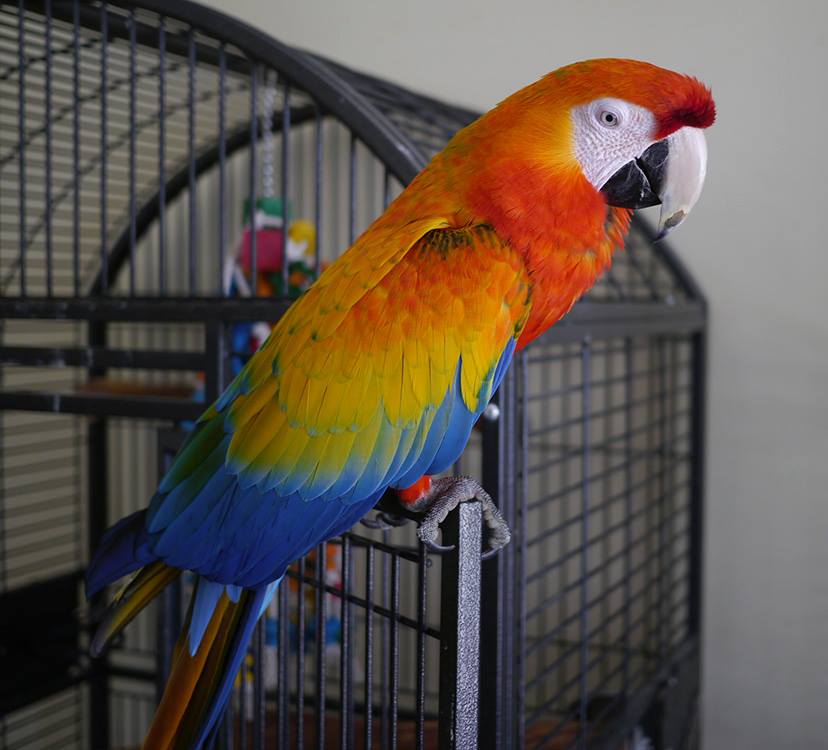
How to buy and care for a red macaw: basic care and training points
Red Macaws, with their vibrant plumage and charismatic personalities, are one of the most majestic and sought-after parrot species in the world. However, owning a red macaw comes with significant responsibilities, including proper care and training. In this guide, we'll discuss the basics of buying, caring for, and training a Red Macaw to ensure happy, fulfilling interactions.
1. Explore red macaws:
Before purchasing a red macaw, it is important to thoroughly research the species. Learn about their natural habitat, behavior, diet and care requirements to ensure you can provide optimal conditions for your feathered friend.
2. Choose a reputable breeder:
When purchasing a red macaw, it is important to choose a reputable breeder. Look for reputable breeders who prioritize the health and welfare of their birds. Avoid purchasing from sources that engage in unethical breeding practices or offer birds at unusually low prices.
3. Rate your health and temperament:
When choosing a red macaw, carefully evaluate its health and temperament. Look for birds with bright, alert eyes, shiny feathers and an active demeanor. Avoid birds that appear lethargic, show signs of illness, or exhibit aggressive behavior.
4. Provide a spacious environment:
Red macaws require plenty of space to move around and exercise. Buy a large, sturdy cage or aviary with enough space for your parrot to spread his wings and climb. Include perches, toys, and enrichment activities to keep your bird mentally and physically active.
5. Balanced diet:
Offer your scarlet macaw a balanced diet of high-quality parrot pellets, fresh fruits, vegetables, nuts and seeds. Avoid eating foods high in sugar, salt or fat as these may lead to health problems. Provide your parrot with fresh water daily and monitor its food intake to prevent obesity.
6. Socialization and training:
Red macaws are intelligent and social birds that thrive on interactions with their human companions. Spend time with your macaw by training him with positive reinforcement, such as teaching him to climb on your hand or perform simple tricks. Be patient, consistent, and reward good behavior with treats and praise.
7. Veterinary assistance:
Schedule regular checkups with your avian veterinarian to monitor your red macaw's health and identify any potential problems early. Keep up with vaccinations, parasite preventatives, and regular health checks to keep your bird in optimal health.
8. Environmental enrichment:
Give your red macaw a stimulating environment that mimics its natural habitat. Offer a variety of toys, branches and foraging opportunities to keep your bird mentally occupied and prevent boredom. Rotate toys regularly to keep your macaw interested and prevent destructive behavior.
By following these basic care and training rules, you can create a loving and enriching environment for your Red Macaw, foster a strong bond, and ensure a happy and fulfilling life for your feathered companion.






